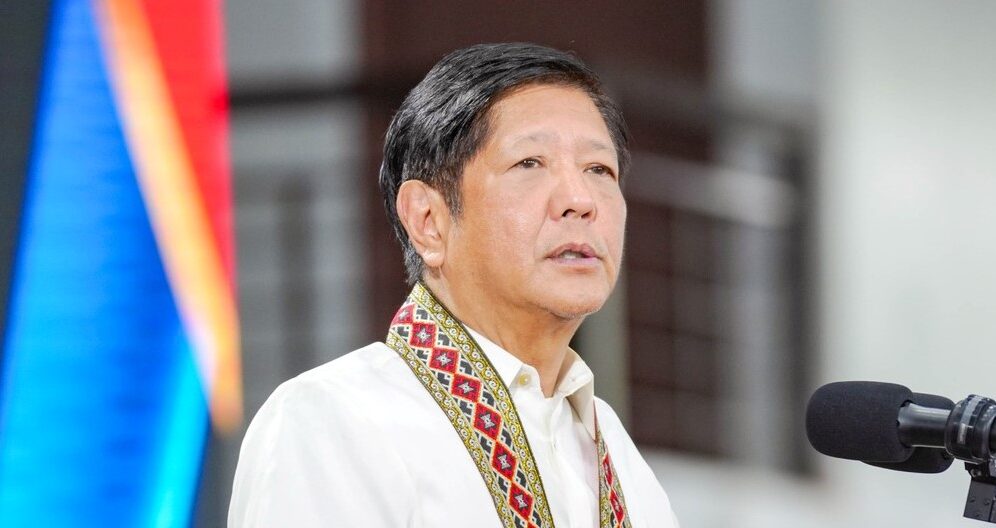More assistance packages are coming from the Marcos administration to ease the suffering of both consumers and farmers amid the high rice prices.
Chief Presidential Legal Counsel Juan Ponce Enrile on Saturday said President Ferdinand R. Marcos Jr.’s directive to local government units, or LGUs, to desist from collecting road fees on all motor vehicles transporting goods or merchandise was just one of the measures lined up to rein in the price of the staple grain and other basic commodities.
Under Executive Order 41, all cargo vehicles no longer need to pay “pass-through fees” while traversing national roads and roads not constructed and funded by LGUs.
Marcos indicated his directive aims to ensure the efficient movement of goods across the regions to revitalize local industries.
Enrile said Marcos wanted all collections from traders lowered to address the problem of high prices.
“A big part of the freight costs is shouldered by consumers,” he said.
Traders have often complained about LGUs collecting fees even if their trucks traversed national roads through their municipalities and provinces. Thus, eliminating the pass-through charges will greatly help lower prices.
Double tax
Enrile, who authored the Road Users Tax law, said the tax proceeds are used for road repair. Collections amount to billions of pesos yearly, so the local governments’ fees from cargo vehicles are redundant.
Add to the clandestine earnings from police checkpoints, you have several factors that are not necessary, which keep prices of commodities and inflation high, according to the veteran official.
“Where do these unnecessary costs go? These all are paid for by consumers or the voters,” he said.
He lamented that during elections, voters still choose officials who cause their difficulties.
Gradual cap removal
President Marcos wants to remove the rice price ceiling, but not immediately, because there is a danger prices may suddenly spike.
Executive Order 39, signed on 31 August, capped the price of regular-milled rice at P41 per kilo and well-milled rice at P45 per kilo.
Rice prices are noticeably falling as the rice harvest season has started, resulting in an increased supply in the market.
“There was also a suggestion to lower the 35-percent import tariff on rice since there was an assumption that it would result in lower prices approximating the price cap, but the President did not support the suggestion,” Enrile revealed.
He continued, “If they’ll do that (reduce the tariff on rice), both consumers and farmers will be hurt in the long run.”
He said that with unlimited importation and the lower tariff, farmers will be on the losing end.
Looking for right balance
According to Enrile, the President is trying to find a balance; he wants the interest of the farmers to be protected by the price ceiling.
“If there is a difference between the price cap and domestically produced rice, that will be covered by the collections from rice tarrification,” he said.
The problem, the Palace official said, is that we have traders who hoard their products.
“Rice traders have one preoccupation, which is profit and they rarely consider the interest of the other sectors in the market,” he said.
President Marcos has also ordered the release of P12.7 billion to fund the Rice Farmers Financial Assistance, or RFFA, program aimed at helping small rice farmers sustain their productivity.
In a statement, Communication Secretary Cheloy Garafil said the RFFA would help rice farmers respond to challenges besetting the agriculture sector.
